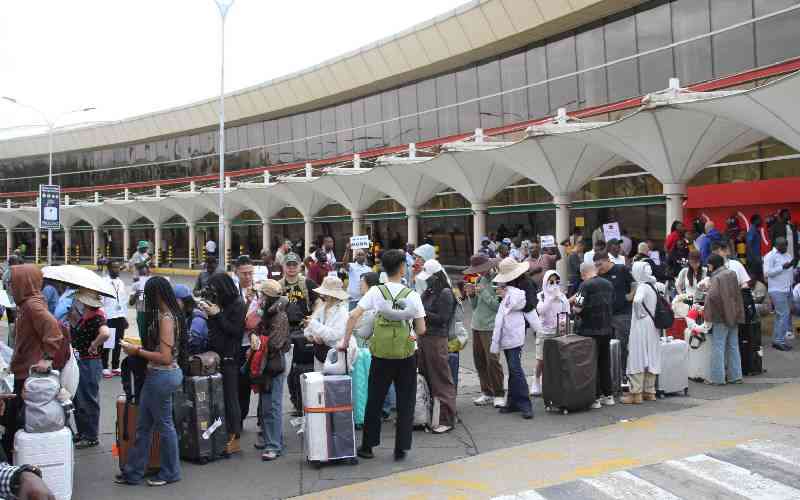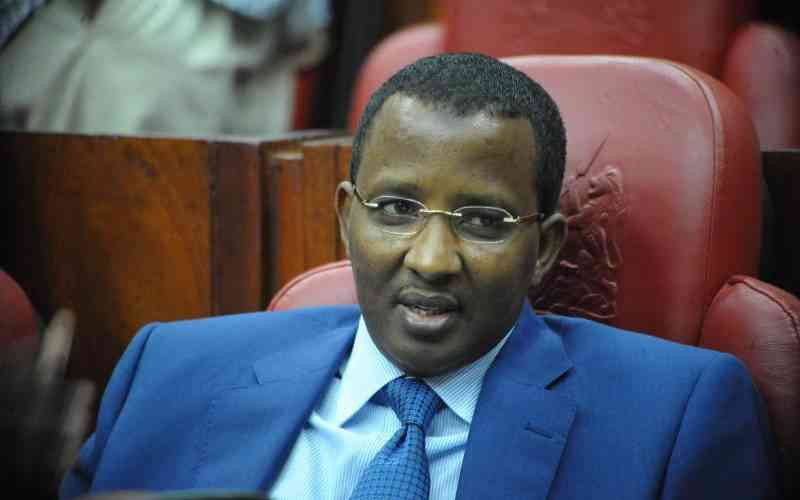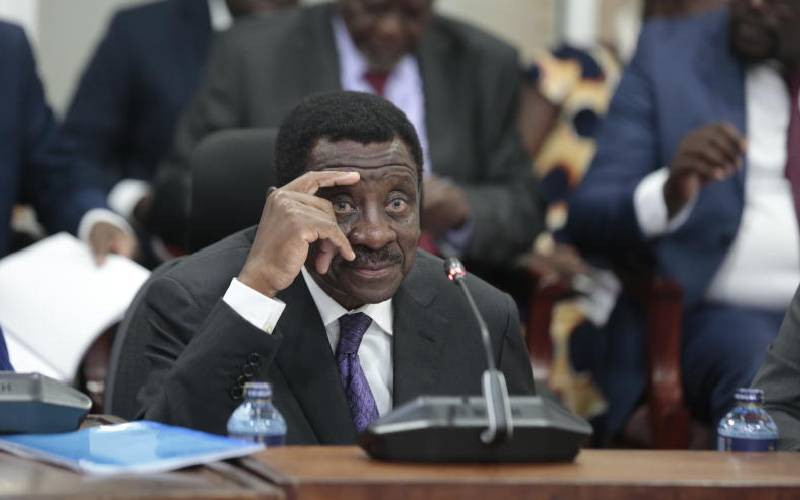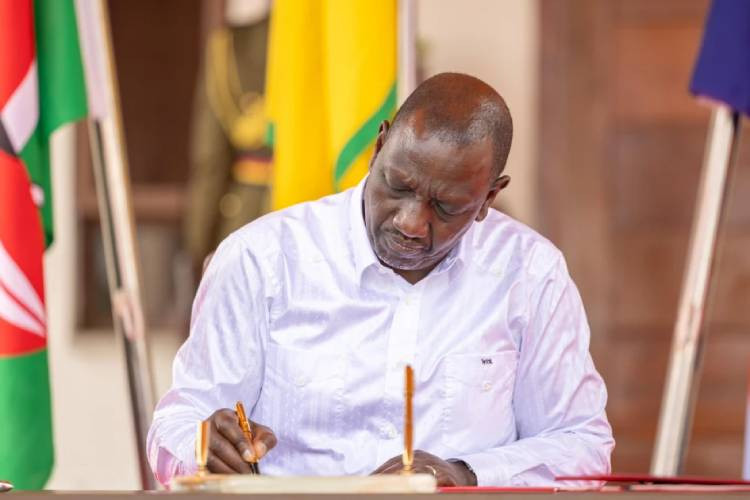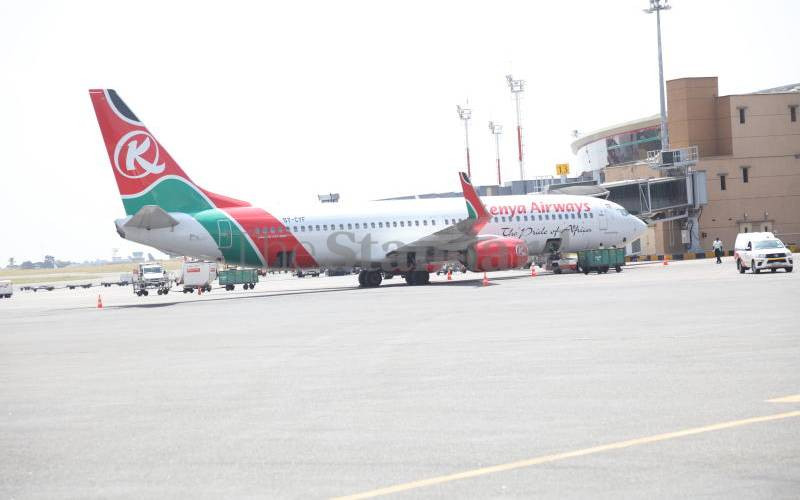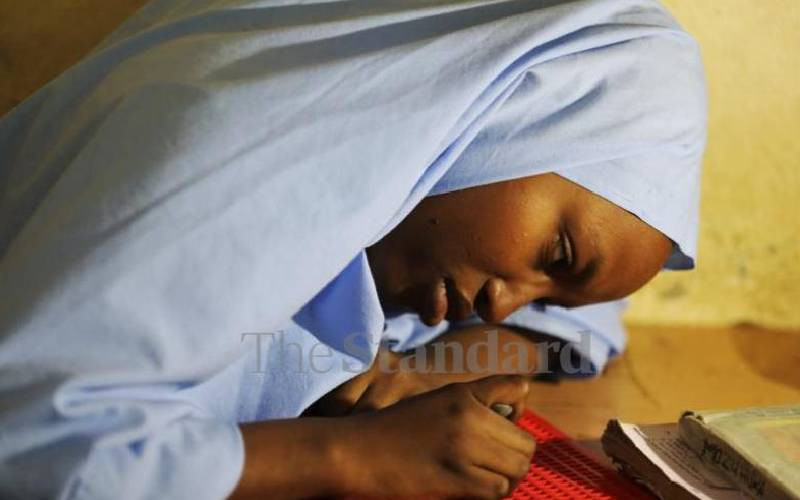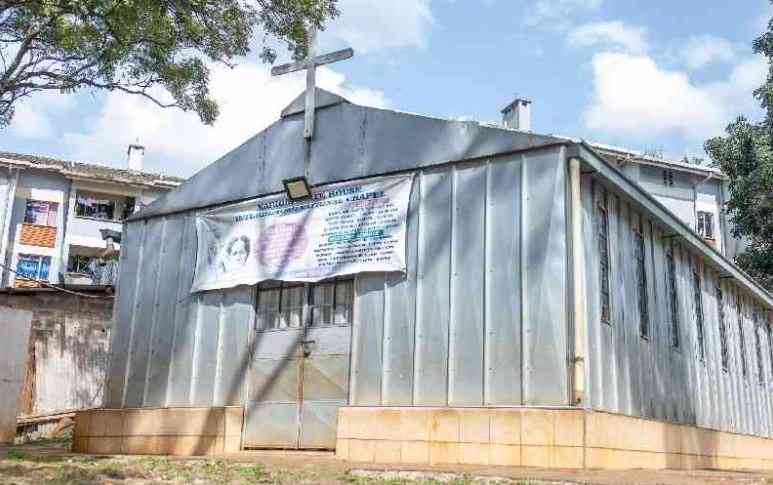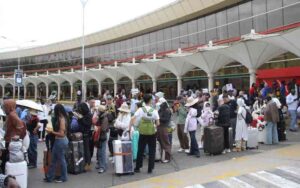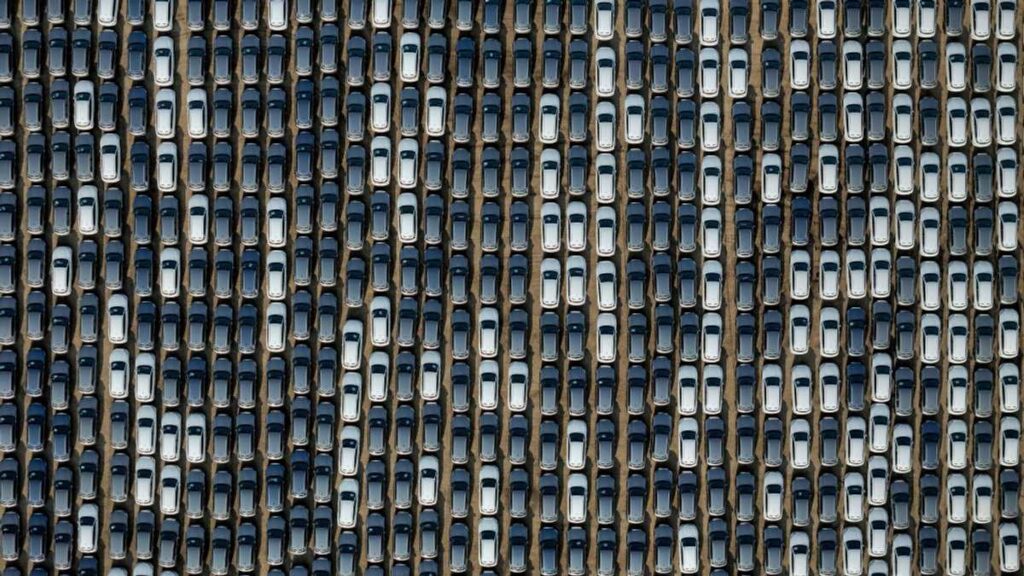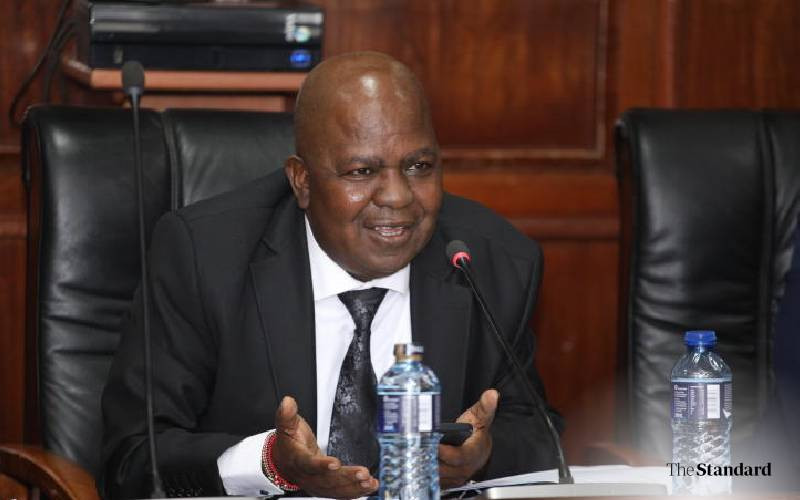President William Ruto has had to put on hold his quest to build a permanent church at State House.
This follows a High Court order barring him, his associates or anyone acting on his behalf from carrying out the project that has now drawn three court battles.
Justice Chacha Mwita issued the orders yesterday in a case filed by four civil society groups.
“A conservatory order is hereby issued restraining the Government of Kenya, its officers and/or anyone acting on its behalf from constructing a permanent church or building associated with any religious faith within the grounds of State House, Nairobi, or any other State House or State Lodges until November 18, 2025,” the judge ruled.
In the case, the Kenya Human Rights Commission (KHRC), Transparency International Kenya, Inuka Kenya Ni Sisi, and the Institute of Social Accountability argued that the construction of a church violates Article 8 of the Constitution, which provides that there is no State religion.
“By privileging Christianity through such state-linked infrastructure, the government risks entrenching religious favouritism, marginalising other faiths or non-believers, and undermining the constitutional principle of religious neutrality,” their lawyer Lempaa Suyianka argued.
According to Suyianka, the President’s actions amount to preferential treatment afforded to a particular faith.
He said that building a church on state-owned property sets a bad precedent of institutionalising religion despite the country having other religions and atheists.
“This act infringes upon the rights of Kenyans who profess different religious beliefs or none at all, by signalling a form of state preference or alignment with a specific religion. Such a precedent risks marginalising non-adherents and violates the spirit of pluralism and equality enshrined in the Constitution,” the lawyer said.
Suyianka alleged that the President had secretly initiated and was personally supervising construction of a church worth Sh1.2 billion.
According to him, the source of the funds remained unclear, adding that it would be against the law to use personal funds to carry out a government project.
“The use or purported use of private funds to undertake a personal or religious project within State House, a public property held in trust for the people of Kenya, raises profound constitutional and ethical concerns. Regardless of the source of funding, the utilisation of public land for private purposes without public participation contravenes the principles of responsible stewardship of public resources. Such conduct is inconsistent with the values espoused in Chapter Six of the Constitution, particularly Article 73, which requires that authority assigned to a state officer be exercised in a manner that demonstrates respect for the people, brings honour to the nation and dignity to the office, and promotes public confidence in the integrity of the office,” argued Suyianka.
Lawyer Levi Munyeri was first to sue over the project. He said that Dr Ruto had admitted that he was building a church with a sitting capacity of 8,000.
He, however, argued that the project ought to have been subjected to the views of Kenyans and open to competitive bidding.
Stay informed. Subscribe to our newsletter
According to his lawyer, Edwin Magu, the President cannot use his resources, as a private citizen, to carry out a government project.
“The construction of a church on public land using the resources of a private citizen undermines well-established constitutional provisions of no state religion, national values of public participation, transparency, rule of law, equality and non-discrimination,” argued Magu.
According to him, the Constitution is clear that Kenya is a secular State. He stated that the project was being carried out in secrecy and in violation of the doctrine of separation of church and State.
Magu further said that the project was a recipe for religious tensions in the country, as others equally had a right to demand their sanctuaries be built on the land where the House on the Hill occupies.
“There is an imminent risk of the construction of a church at State House grossly undermining the constitutional provision that declares there is no state religion and the doctrine of separation of church and State, if allowed to continue with the construction of the said church at State House grounds, Nairobi,” said Magu.
Justice Mwita ordered that the court papers should be served within seven days, the government to respond within the same period, and appear before him on November 18, for a hearing.


